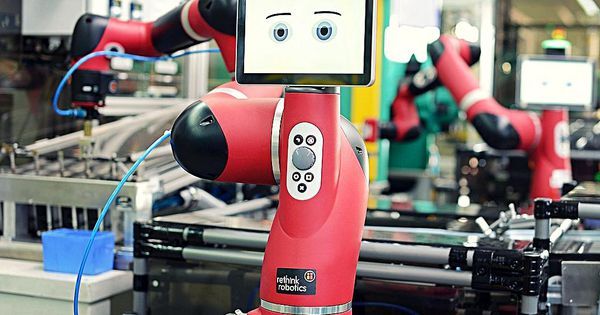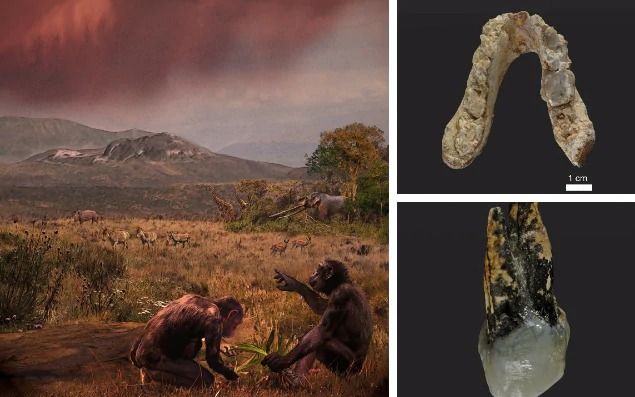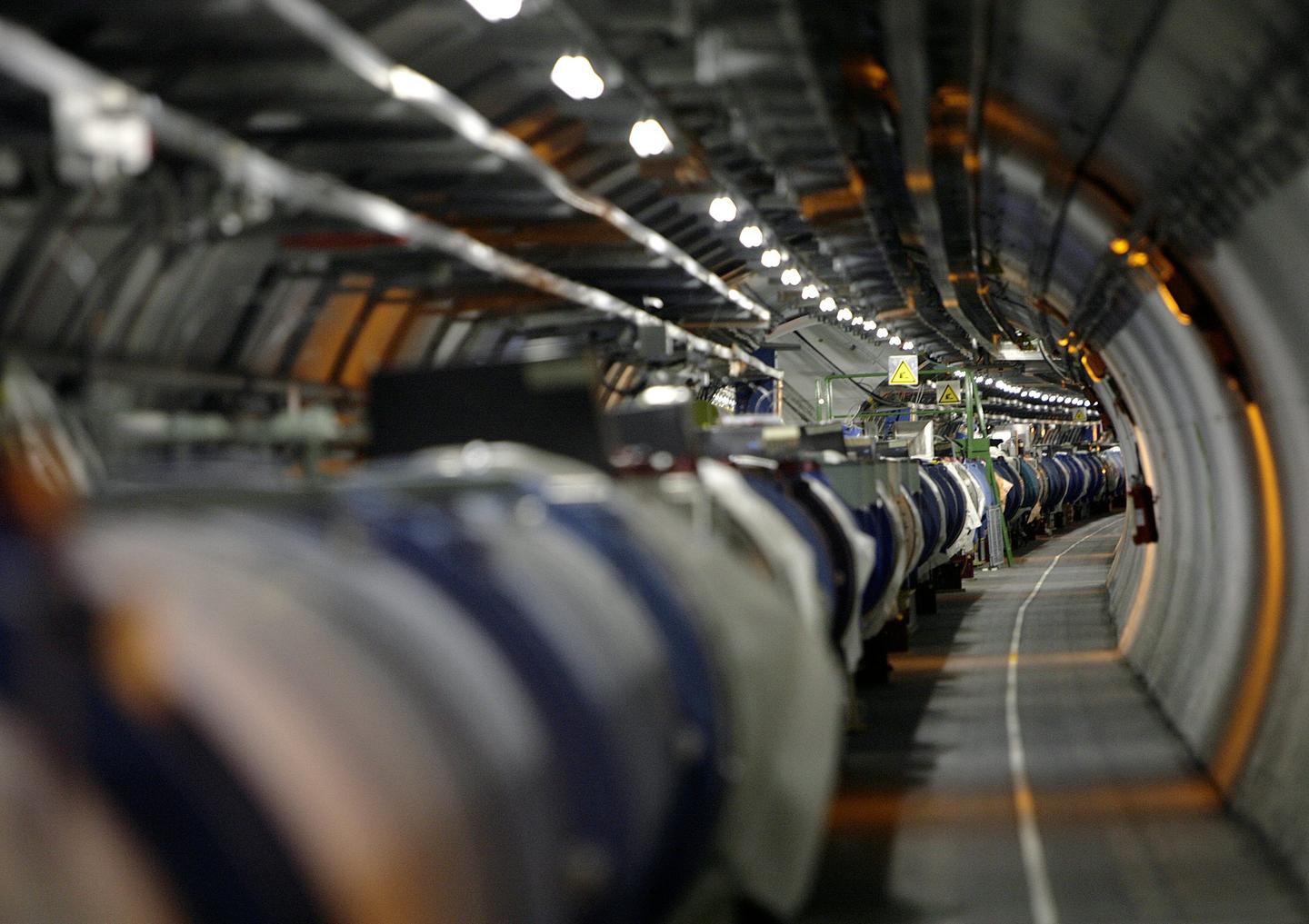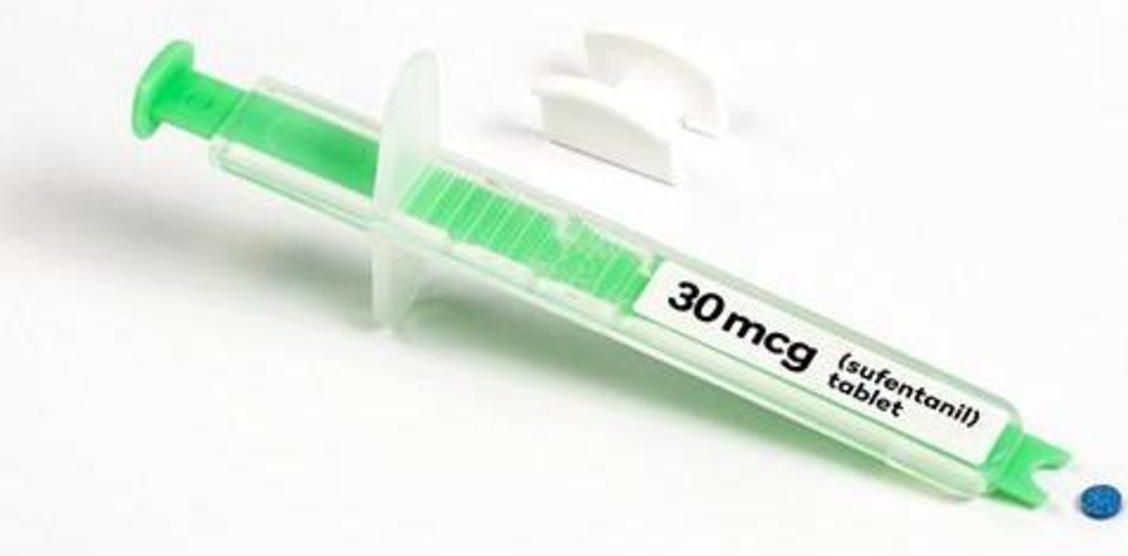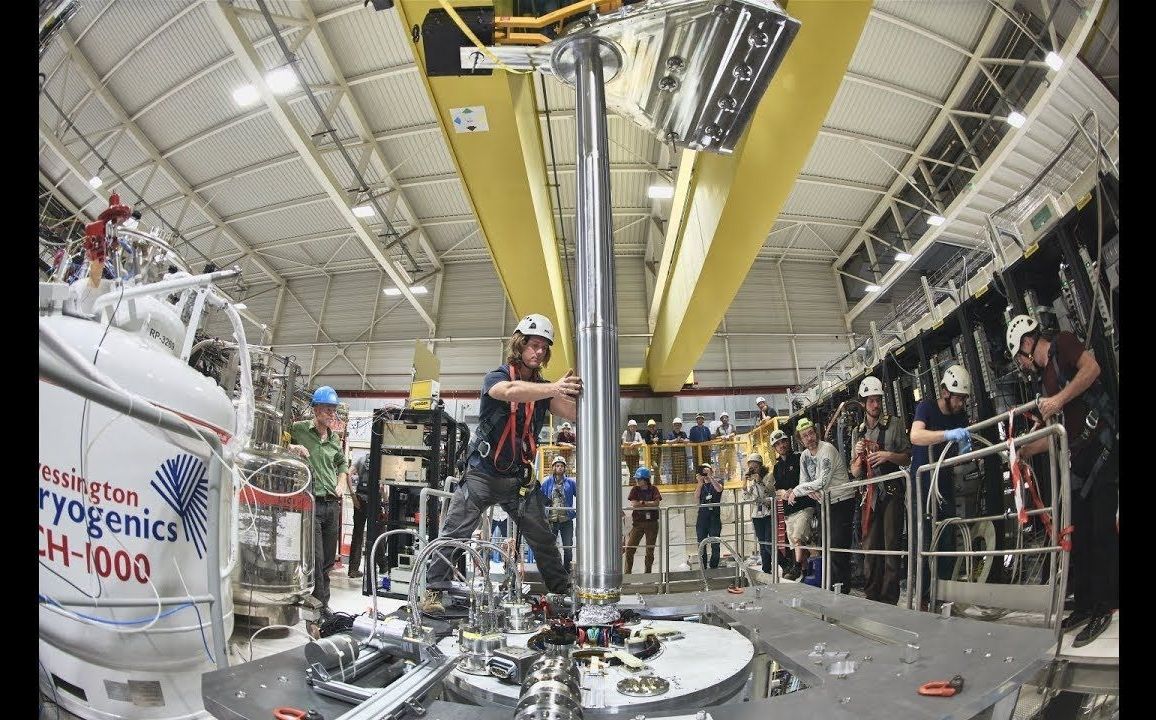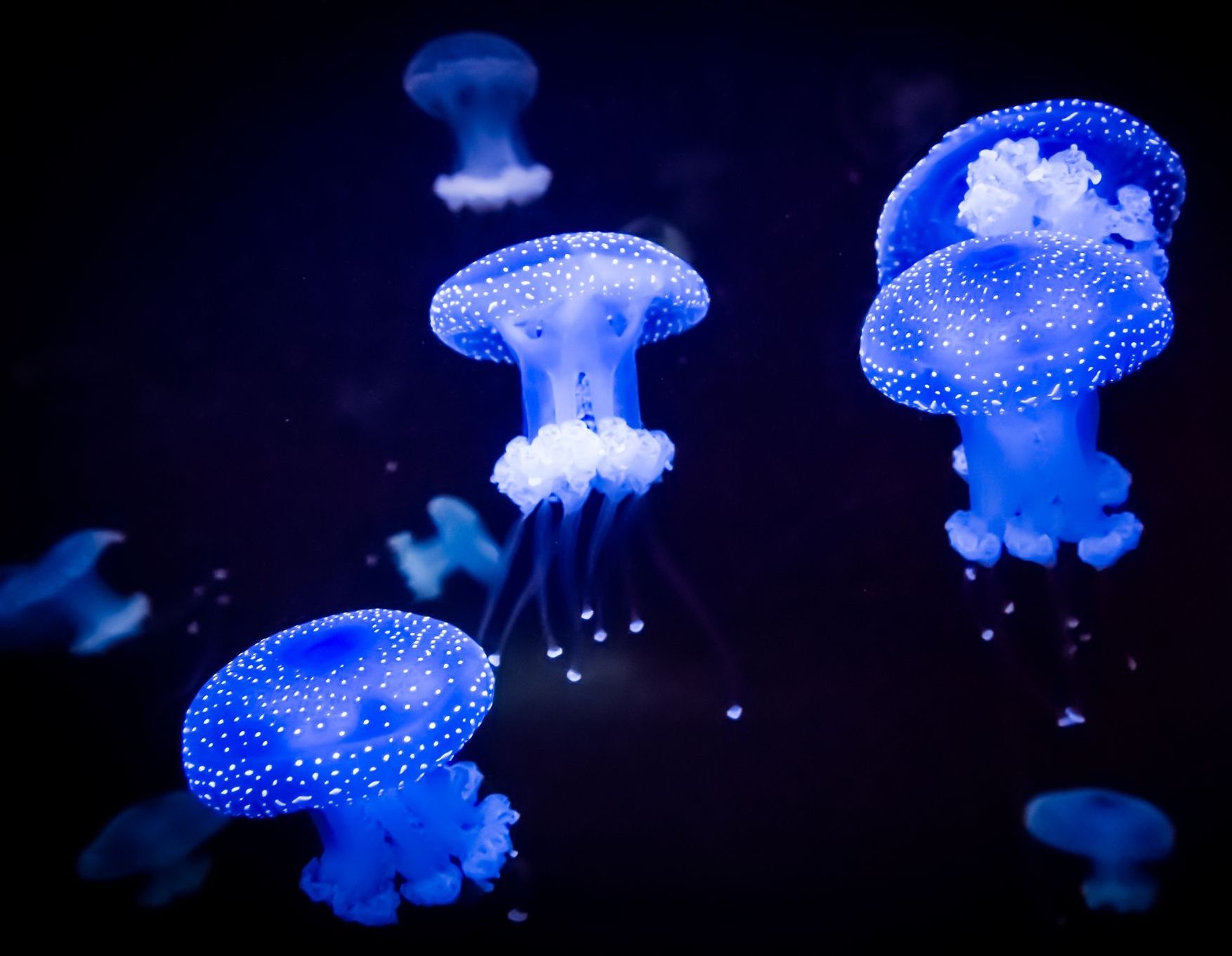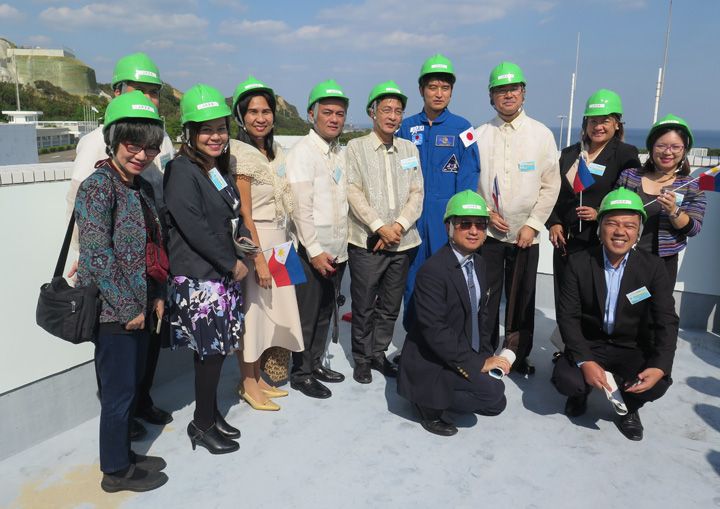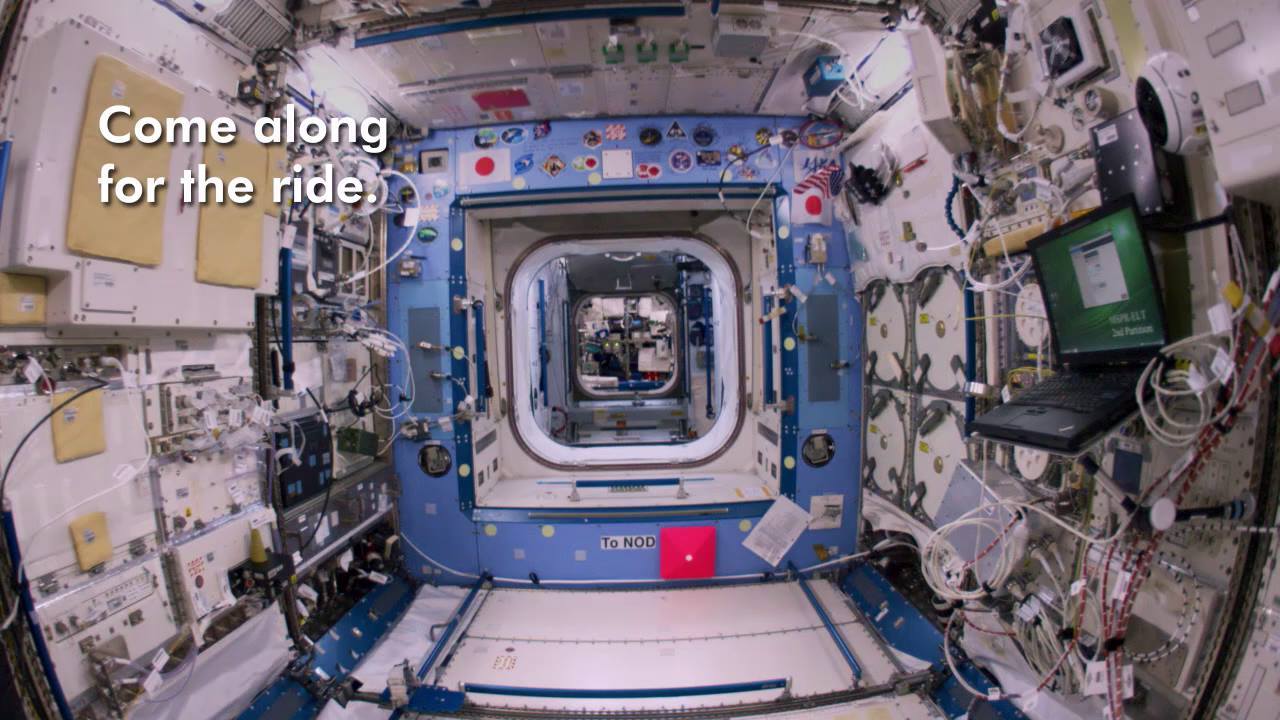All this seems to indicate that the robotics industry isn’t going away anytime soon. If anything, the fact that investors are being more critical with their investments, paying more attention to market forces than to visionary-led promises means we’re entering a reality-driven age of investing in AI. The trouble is that this reality phase seems to be limited (so far) to the robotics industry. Tech companies in other corners of AI are still being wooed by investors with deep pockets and more patience than they have for robotics. Will the investments continue at the amounts and valuations currently supporting the industry? Or will these investors also be dragged down to earth by market and competitive realities? All that still remains to be seen. The hope is that the investment does continue, because after all, the quest for the intelligent machine has yet to be fully realized.
This is particularly perplexing since many AI companies are flush with cash and raising money at increasingly eye-watering levels and valuations. How could it be that these robotics firms, run and operated by some of the most celebrated people in the AI industry could be failing when seemingly less-compelling solutions such as process automation tools and facial recognition applications are raising billions of dollars? Is robotics really that hard or is there something else going on in the industry?
